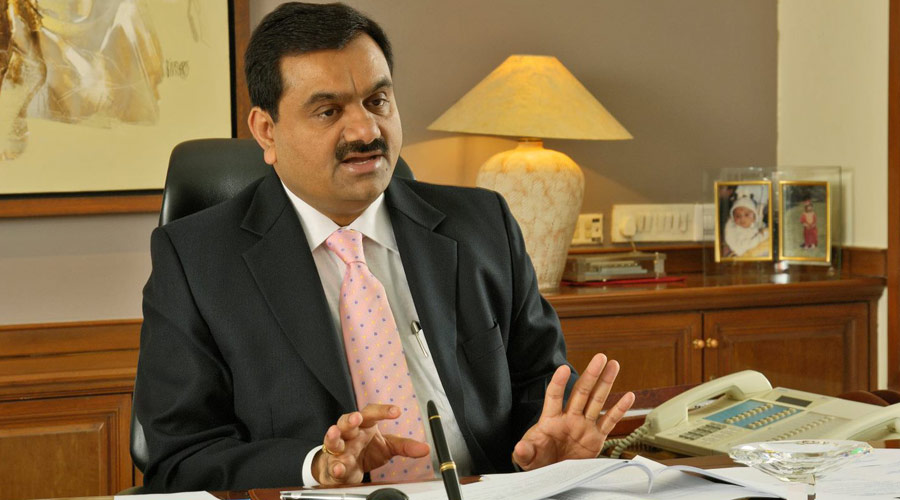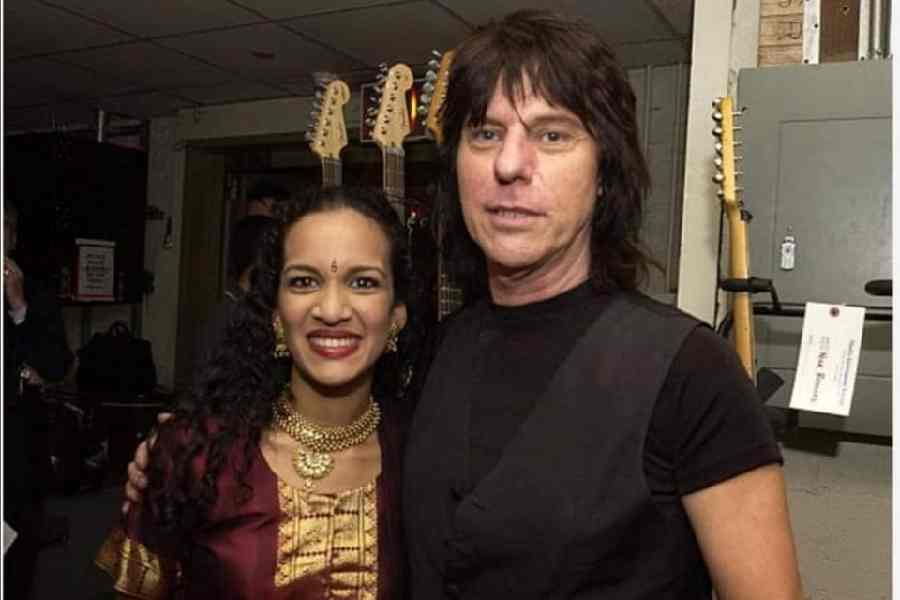Gautam Adani, Asia’s richest businessman, has said he sees the takeover of news broadcaster NDTV as a “responsibility” rather than a business opportunity.
In an interview with the Financial Times, the Gujarat-based billionaire squashed concerns that the bid to acquire the Prannoy Roy-owned television channel would trammel media independence.
“Independence means if government has done something wrong, you say it’s wrong,” Adani said. “But at the same time, you should have the courage when the government is doing the right thing every day. You have to also say that.”
The ports-to-energy conglomerate run by Adani had unveiled plans late in August to acquire a majority stake in NDTV. The takeover attempt has triggered concern among journalists and politicians that a change of ownership could undermine NDTV’s editorial integrity.
The tycoon, who leapt up all the global wealth rankings over the past year, indicated that he didn’t intend to stop after swallowing NDTV in what is being characterised as a hostile takeover. He said he intended to build a global media organisation that could match the influence and the footprint of the Financial Times and television powerhouse Al Jazeera.
Adani, whose seven publicly traded companies have clocked a market valuation of over $225 billion (around Rs 18.2 lakh crore), added that the cost of creating a global media outfit was “negligible” for the group.
Back in August, the Adani group had asserted its rights to 29.18 per cent of NDTV after gaining control of Vishwapradhan Commercial Pvt Ltd. On Tuesday (November 22), it launched an open offer for another 26 per cent under Sebi’s regulations relating to share acquisition. It has already received shares worth over 6 per cent of the total equity in response to the open offer which closes on December 5.
The billionaire said he has invited Prannoy Roy to remain as chair when the acquisition is completed, Reuters reported. Adani chose not to play coy about his close association with Prime Minister Narendra Modi, declaring that his group was closely aligned with the government’s development priorities.
The group has seen its fortunes and prospects swell dramatically since 2014 when Modi came to power. Adani knocked fellow tycoon Mukesh Ambani off the wealth perch in the past year. The two groups have been bracing for a major battle in the areas of refining and petrochemicals and green energy. But in the interview, the tycoon tried to play down talk about the looming battle in the arena of petrochemicals.
“There is no competition,” he said. “India is a huge growth market and everybody is welcome.” The group acquired 400MHz of 5G spectrum in the recent auction for about Rs 212 crore that it intends to use to create a digital infrastructure portfolio and data centres. This is another area where a battle with the telecom players like Jio and Airtel is likely.
The Adani group intends to lay terrestrial fibre and submarine cables, create an Industrial Cloud, build Artificial Intelligence Innovation Labs and a Super App. The Super App, which will be rolled out in the next three to six months, will help the group offer a range of services from group companies to passengers at the seven airports that it operates including the country’s second busiest airport in Mumbai.
The Ambanis and the Tatas have also developed Super Apps as they look to lure millions of customers to their gigantic digital marketplace — and the Adani foray will also be closely watched. But what really sets the Adani group aside from the rest is the furious pace at which it is expanding its global footprint. The Adani group has grabbed contracts for new port projects in Israel and Sri Lanka. Back in July, group company Adani Ports tied up with Israel’s Gadot Group to acquire the concession for the Haifa port for $1.2 billion.
Adani indicated in his latest interview that the group was also assessing investment opportunities in mining and metals in Africa. A global media organisation with clout and influence could help the group address some of the hostile criticism it has faced in various parts of the world that it believes are unwarranted and unpalatable.











